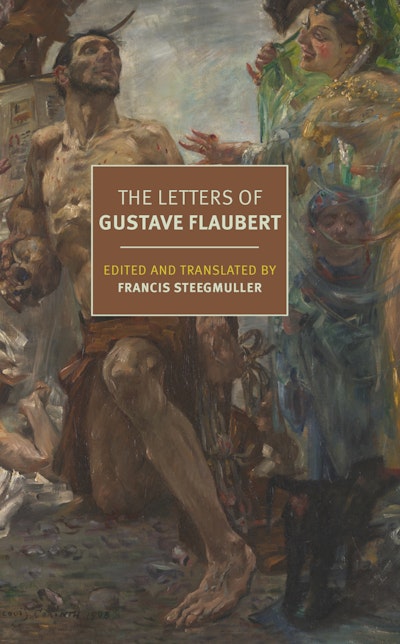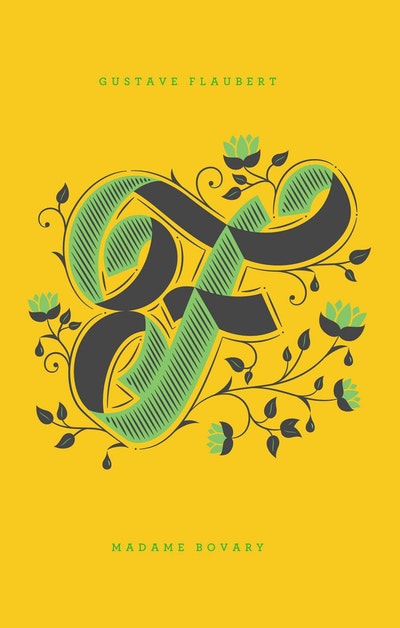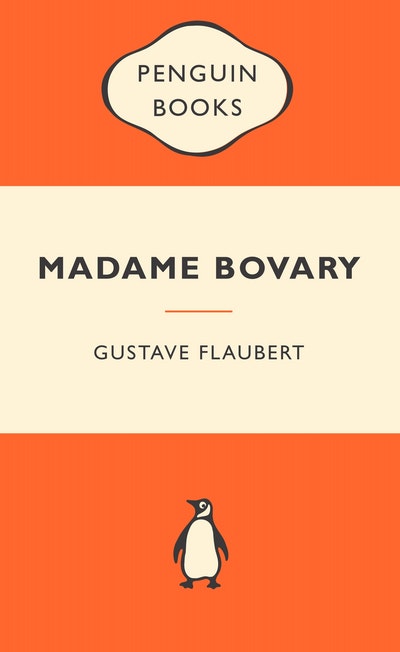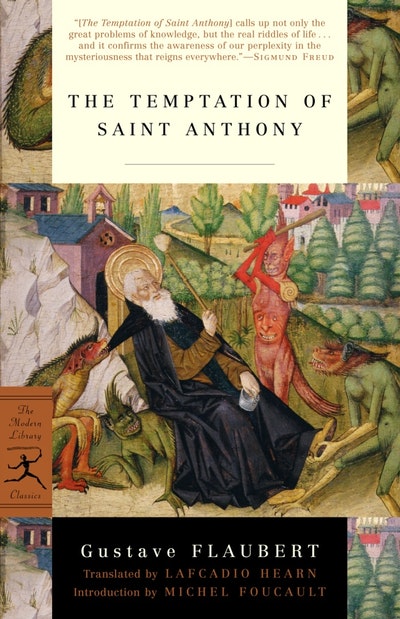- Published: 31 October 2023
- ISBN: 9781681377162
- Imprint: NY Review Books
- Format: Paperback
- Pages: 720
- RRP: $59.99
The Letters of Gustave Flaubert
- Published: 31 October 2023
- ISBN: 9781681377162
- Imprint: NY Review Books
- Format: Paperback
- Pages: 720
- RRP: $59.99
“[W]hen I came to read the Letters—brilliantly linked and edited by Steegmuller so that they still make Flaubert’s best biography—I found them untouched by time, written as if from the next postal district only yesterday. Sartre did call Flaubert’s correspondence a prime example of ‘free association from a pre-Freudian couch’. . . . how can the letters not be read?” —Julian Barnes, London Review of Books
“Behind the magnificent and melancholy novels, as every lover of Flaubert knows, stands one of the richest and most entertaining of all correspondences: witty, iconoclastic, bracingly profane, unbuttoned and often explosive—so different from the carefully controlled novels. The correspondence seems to invite the creation of a supplementary novel with Flaubert, no longer shackled to his doctrine of ‘impersonality’ in art, as its hero.” —Peter Brooks, The New York Times







